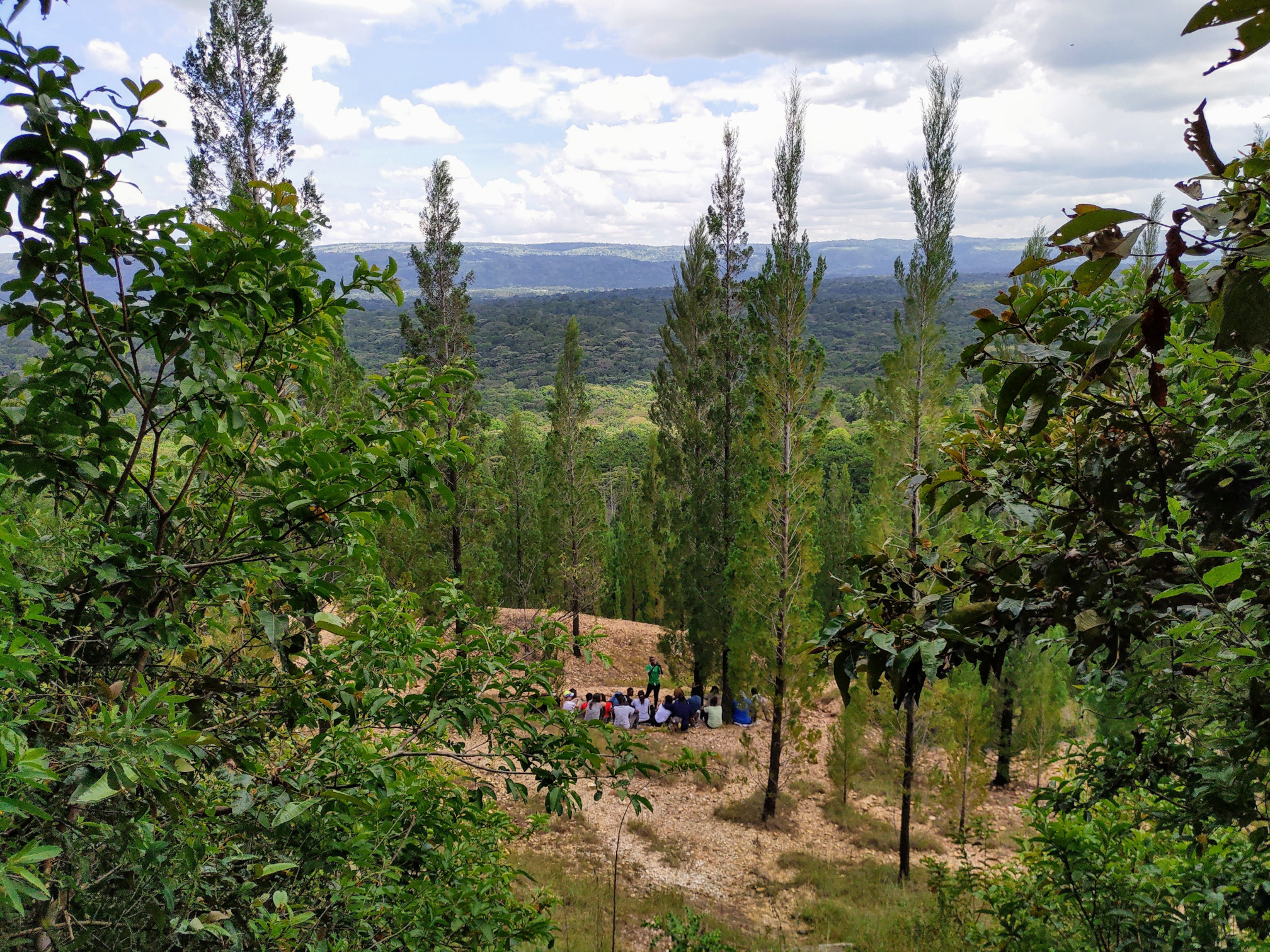An organisation next door stopped burning garbage!
I’ve written about the pollution caused by poor waste management and garbage burning before. That was spurred by an organisation I live near that burnt all kinds of stuff (dry leaves, carton boxes, and sometimes industrial waste I’m sure) everyday!
 I was sick of having to keep my windows shut all the time, so I called them one day and reminded them that it was illegal to burn garbage according to NEMA regulations. The person I spoke to claimed ignorance of any garbage burning within their compound, wanted to know how I knew of their (non-existent) burning, was I perhaps mistaken in thinking it was their compound burning garbage and not the next one, and eventually wanted to give me someone else’s phone number so I could talk to them about this issue. I refused, saying it wasn’t any of my business to talk to someone else, and that I just wanted to remind them that they shouldn’t be exposing everyone around them to fumes everyday. We exchanged phone numbers, and that was it. I wasn’t expecting much from the call, but…it worked! They have since stopped burning garbage. I’m not sure what’s happening to all of it now (I sincerely hope they’re using a garbage service that recycles and/or uses an incinerator and that I haven’t just demonstrated NIMBY behaviour), but there’s one fewer compound I have to worry about as a source of smoke.
I was sick of having to keep my windows shut all the time, so I called them one day and reminded them that it was illegal to burn garbage according to NEMA regulations. The person I spoke to claimed ignorance of any garbage burning within their compound, wanted to know how I knew of their (non-existent) burning, was I perhaps mistaken in thinking it was their compound burning garbage and not the next one, and eventually wanted to give me someone else’s phone number so I could talk to them about this issue. I refused, saying it wasn’t any of my business to talk to someone else, and that I just wanted to remind them that they shouldn’t be exposing everyone around them to fumes everyday. We exchanged phone numbers, and that was it. I wasn’t expecting much from the call, but…it worked! They have since stopped burning garbage. I’m not sure what’s happening to all of it now (I sincerely hope they’re using a garbage service that recycles and/or uses an incinerator and that I haven’t just demonstrated NIMBY behaviour), but there’s one fewer compound I have to worry about as a source of smoke.
I’m surprised that all it took was a phone call! Had I known that before, I wouldn’t have spent weeks psyching myself up to call them, arming myself with facts and preparing responses to imagined questions, not to mention how to put pressure on them (social media? legal notice?) should the call fail to do anything :) Now that I know it can be as simple as making a phone call, I feel unleashed, looking for other opportunities to get organisations, as a start, in Kisumu to do better!
That said, I was somewhat ashamed of myself at one point during the call - The person on the phone wanted to know my phone number (I was passed through to them via the receptionist), and the first thought that came to my mind was “Am I putting myself in danger by sharing my phone number?”. Thanks to mpesa, it’s easy to look up anyone’s full name if you have their Kenyan phone number. Would the organisation find it easier or more cost-effective to shut me up than to deal with the daily garbage burning? I went ahead and gave them my phone number, but I had to remind myself that if it comes to it, I have the resources to deal with any problems the organisation might try to create for me. Made me think of environmentalists who risk their lives to wage year-long campaigns against mining giants and illegal loggers - If a simple thing like calling someone out on garbage burning can make me feel at risk of harm (it’s hard to say if that was paranoia or a legitimate threat), the folks fighting the real battles must be constantly aware of the danger they’re in and yet find a way to put their fears aside and continue to do the work they do ♥
